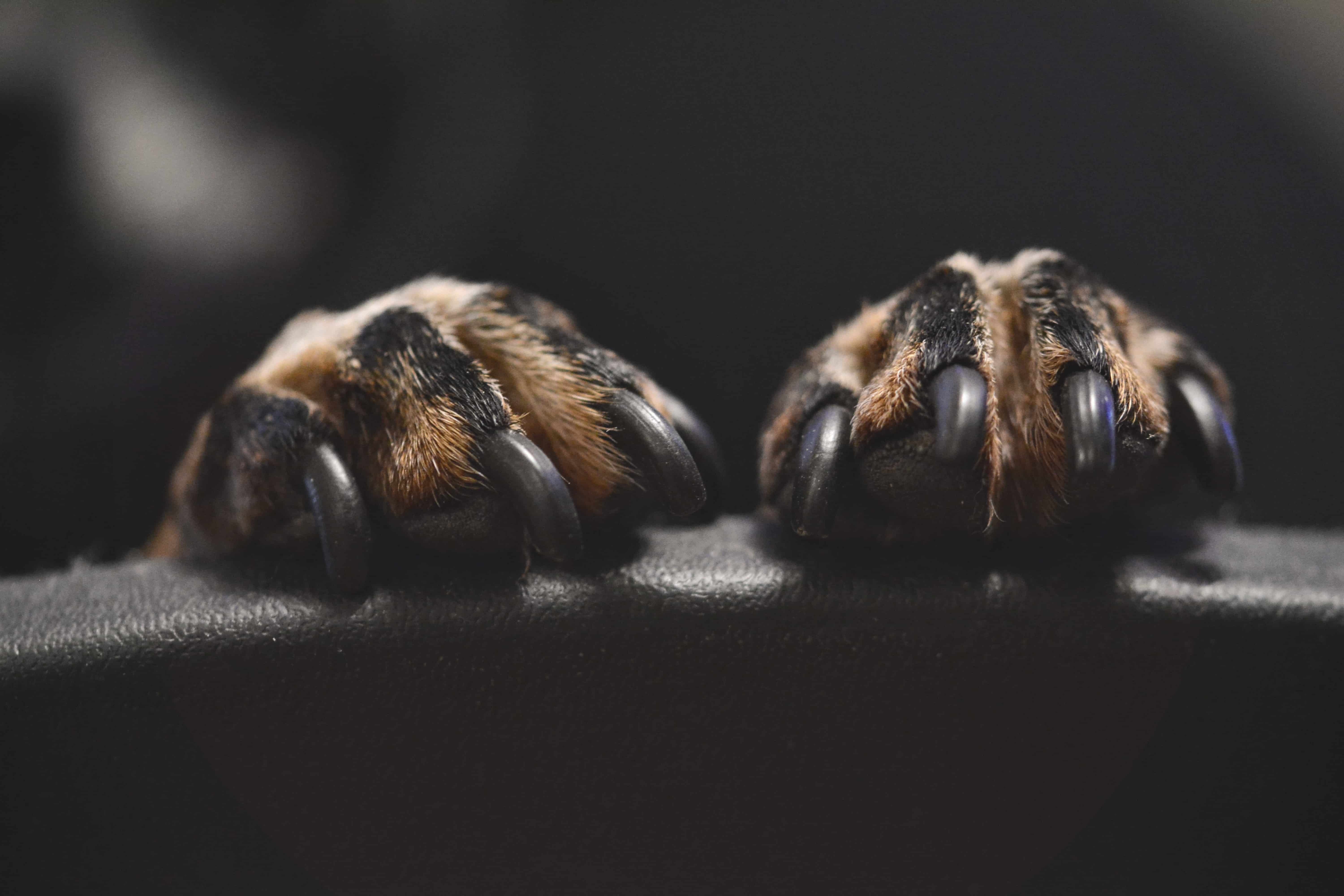


The most common type of bladder cancer in dogs is called transitional cell carcinoma. Some breeds (beagles, West Highland White terriers for example) are more prone to this disease than others. but overall female dog have greater incidence than males. Symptoms of possible bladder cancer are straining to urinate, frequent and painful urination, bloody urine, lower abdominal discomfort. These symptoms are similar to other urinary tract conditions such as infection, so diagnostic testing is required. It has been documented in human medicine that people who smoke have a higher risk of developing this disease, and other environmental exposure such as hair dye and other chemicals also raise the risk on contracting this cancer; but no such association has been made for dogs.
Tests your veterinarian may do to diagnose bladder cancer:
Is there a cure?
The goal in treating bladder cancer is to alleviate the pain, control the symptoms and improve your dog's remaining quality of life. Your veterinarian my suggest chemotherapy, anti-inflammatory medication such as Piroxicam, localized laser therapy , surgery, or radiation therapy.
What is the survival time for a dog with bladder cancer?
The expected lifespan for a dog with this type of cancer can be as brief as 3 months to over a year, depending on early detection and the types of treatment. Most importantly maintaining the dog's comfort and quality of life are the goals.
At DR 4 PETS we want you to be a well informed pet parent. Keeping your pet healthy will enable you to have years of enjoyment together but when this or any other condition cause a health decline beyond the power of medical or surgical intervention, let us be there to help your pet transition peacefully at home. We offer dignified in-home euthanasia in Thousand Oaks, Moorpark, Simi Valley, Camarillo, Ventura, and surrounding areas. Give us a call: (805) 494-3339.